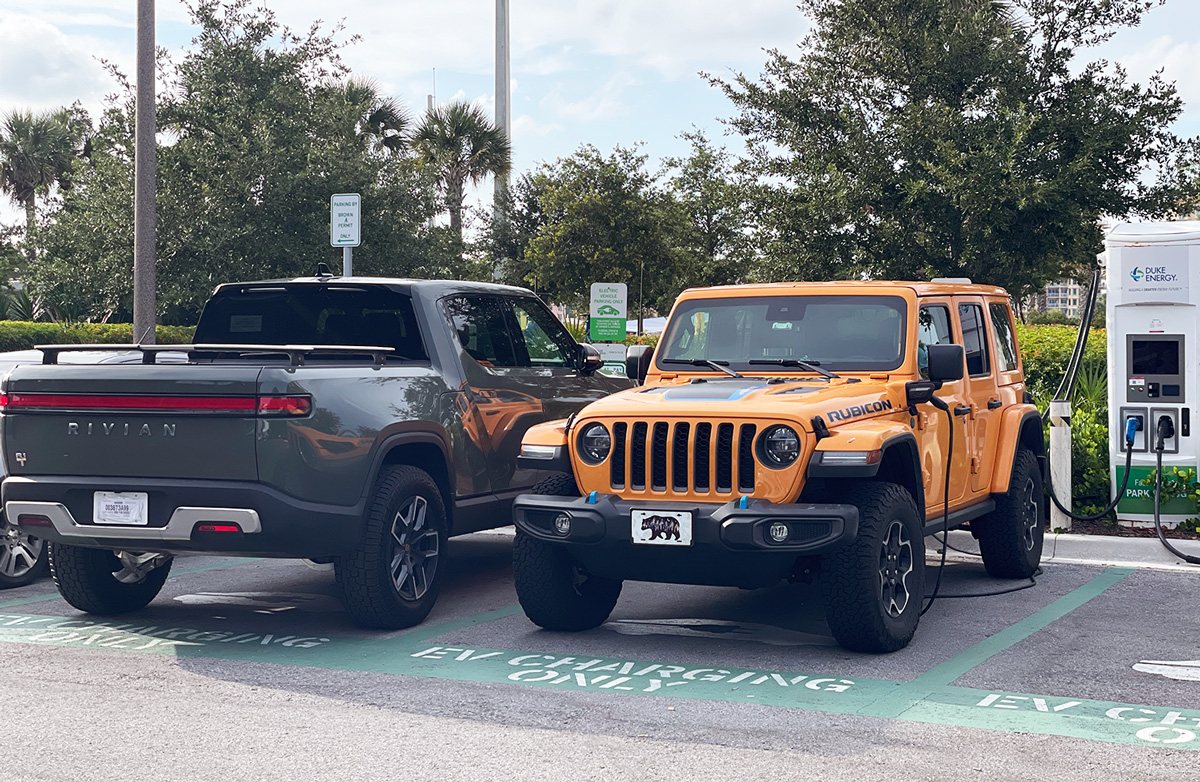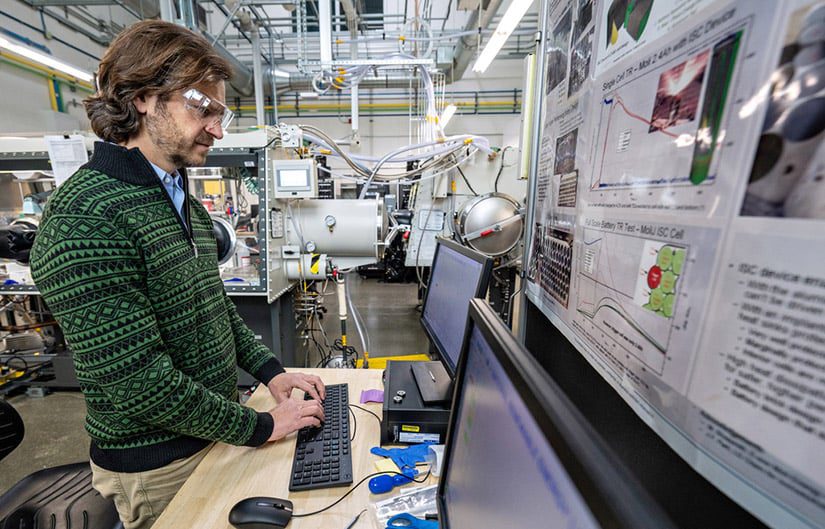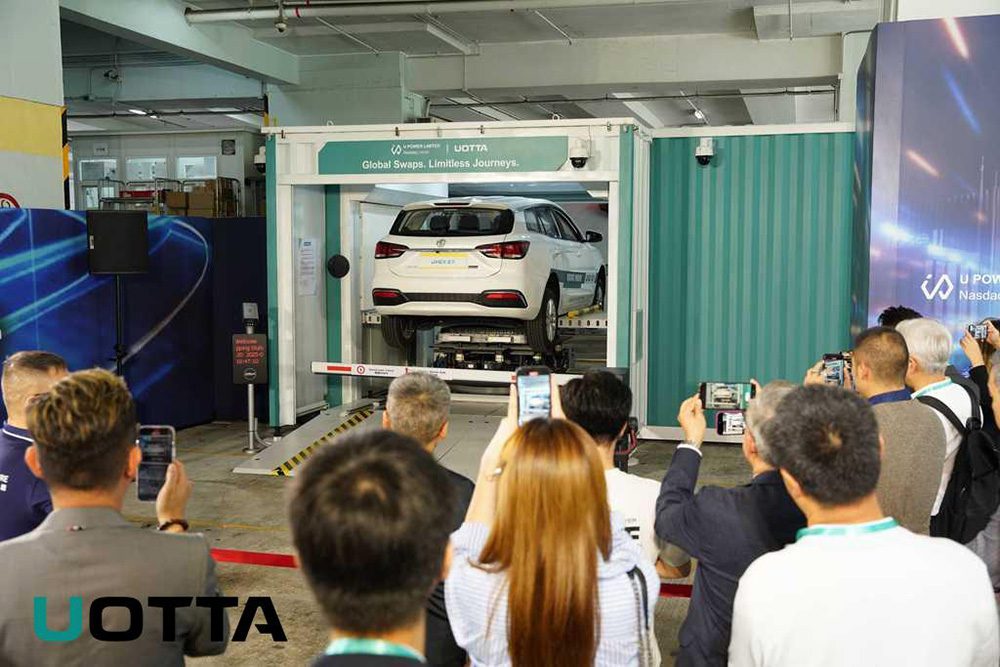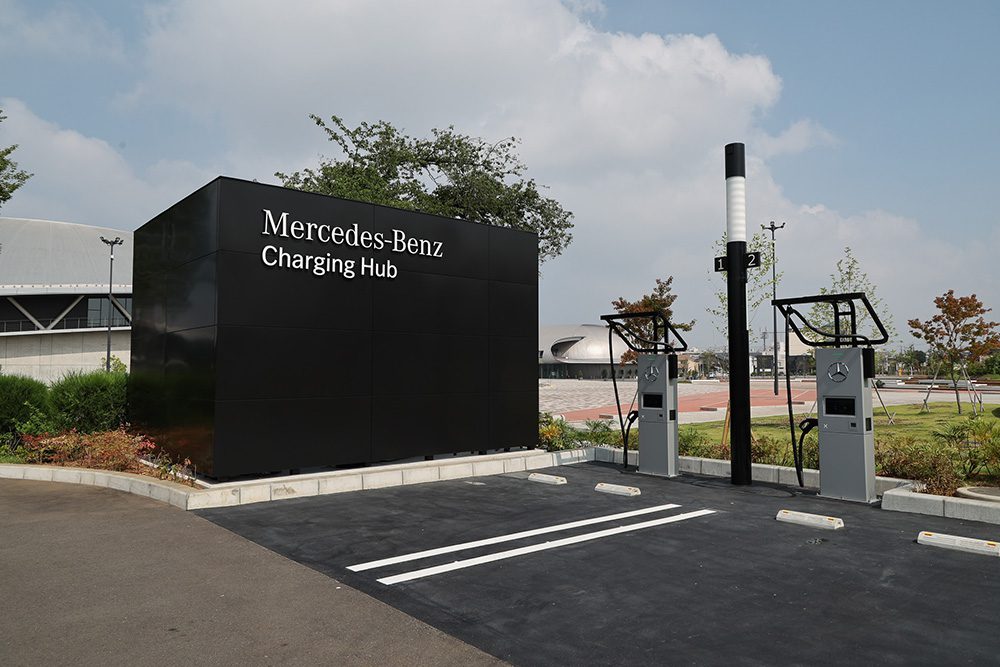A new survey by consumer research specialist J.D. Power finds that US auto shoppers are more likely than ever to consider buying a pure EV, mostly thanks to the growing selection of models. New offerings from trusted brands are turning EV skeptics into possible EV purchasers.
The J.D. Power 2022 U.S. Electric Vehicle Consideration Study, which surveyed 10,030 consumers in early 2022, found that the percentage of respondents who say they are “very likely” to consider an EV for their next purchase or lease has risen to 24 percent—an increase of 4 percentage points from a year ago.
“The addition of new EV models has moved the needle on consumer consideration,” said Stewart Stropp, Senior Director of Automotive Retail at J.D. Power. “In fact, several new models from perennial mass-market brands are at the top of that consideration list. Even so, more remains to be done in terms of transitioning from early to mass adoption. Though the study findings show a shift in favor of EVs, about 76 percent of new-vehicle shoppers say they are not ‘very likely’ to consider buying one. Automakers must continue their efforts to persuade more shoppers to give these vehicles a try.”
Unsurprisingly, homeowners are more likely than renters to consider going electric. Some 27 percent of homeowners said they are “very likely to consider” an EV, compared to 17 percent of renters. This probably has to do with the convenience of home charging—34 percent of those who said they’re unlikely to consider an EV said they lack access to charging at home or work.
Another key finding: firsthand experience with EVs plays an important role in purchase consideration. Of respondents who had no personal experience at all with EVs, only 11 percent said they are “very likely” to consider going electric. That percentage more than doubles, to 24 percent, among vehicle shoppers who have simply ridden in an EV, and rises to 34 percent among those who have driven one.
As EV boosters have been saying for years, accurate product information is critical. Some 30 percent of EV “rejecters” cited a lack of information as a reason for their lack of interest. The message for automakers and their dealers seems clear.
There’s a rare nugget of good news for the legacy brands: owners of numerous mass-market brands expressed more interest in EVs than they did in last year’s survey. “Tesla remains a dominant player, but new-vehicle shoppers are proving quite willing to consider EVs from legacy brands,” said Mr. Stropp.
Source: J.D. Power


















































































